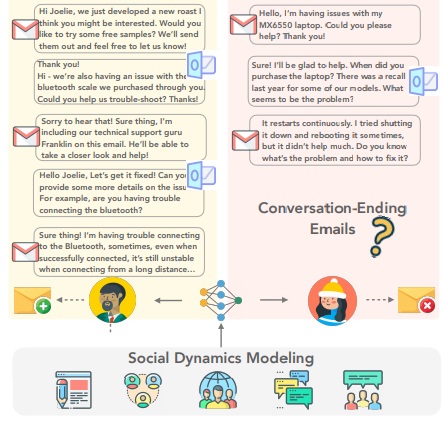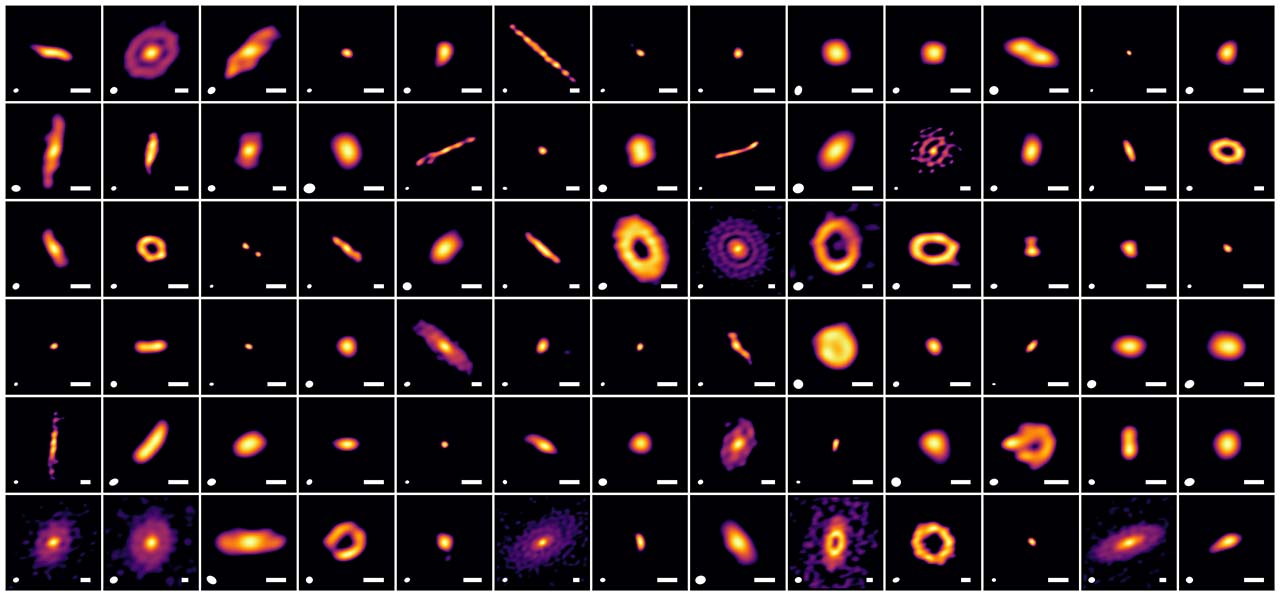2025-05-23 ミシガン大学
<関連情報>
- https://news.umich.edu/having-problems-with-unread-emails-entice-the-recipients-with-more-emotion/
- https://aclanthology.org/2025.naacl-long.594/
- https://aclanthology.org/2025.naacl-long.594.pdf
電子メールの反応を予測する言語的・社会的要因を因果的にモデル化する Causally Modeling the Linguistic and Social Factors that Predict Email Response
Yinuo Xu, Hong Chen, Sushrita Rakshit, Aparna Ananthasubramaniam, Omkar Yadav, Mingqian Zheng, Michael Jiang, Lechen Zhang, Bowen Yi, Kenan Alkiek, Abraham Israeli, Bangzhao Shu, Hua Shen, Jiaxin Pei, Haotian Zhang, Miriam Schirmer, David Jurgens
ACL Anthology Published:2025
DOI:https://doi.org/10.18653/v1/2025.naacl-long.594

Abstract
Email is a vital conduit for human communication across businesses, organizations, and broader societal contexts. In this study, we aim to model the intents, expectations, and responsiveness in email exchanges. To this end, we release SIZZLER, a new dataset containing 1800 emails annotated with nuanced types of intents and expectations. We benchmark models ranging from feature-based logistic regression to zero-shot prompting of large language models. Leveraging the predictive model for intent, expectations, and 14 other features, we analyze 11.3M emails from GMANE to study how linguistic and social factors influence the conversational dynamics in email exchanges. Through our causal analysis, we find that the email response rates are influenced by social status, argumentation, and in certain limited contexts, the strength of social connection.



